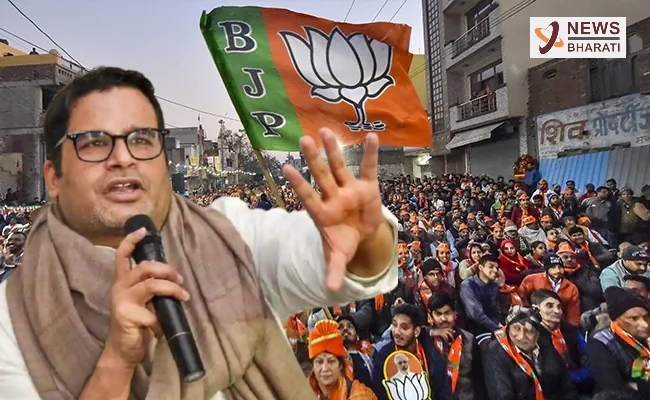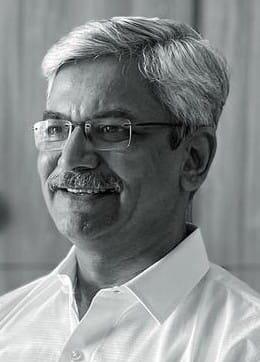Hyper-Nationalism: A ‘Loosely’ Framed Word
If Nationalism denotes ‘love for the nation’, extreme nationalism (a suggestive meaning available on the internet for ‘hyper-nationalism) would denote ‘extreme love for the nation’ which will not, repeat, will not mean any harm to other people.
Total Views |
One of the points which Prashant Kishore, the political strategist, made in his interview to a TV channel, was that BJP’s popularity is a function of Hyper-nationalism, Hinduism and public welfare. It was a bit irking listening to the word ‘Hyper-nationalism’. This is currently a hot word being used by many individuals, opposition parties and media at large to describe acts that, according to them, show intolerance towards the thoughts expressed by some individuals or organizations.
Britannica defines Nationalism as “ideology based on the premise that the individual's loyalty and devotion to the nation-state surpass other individual or group interests.” The Merriam-webster dictionary defines it as “a feeling that people have of being loyal to and proud of their country often with the belief that it is better and more important than other countries.” The Cambridge defines it as “a nation's wish and attempt to be politically independent”. Lexico.com defines it as “Identification with one's own nation and support for its interests, especially to the exclusion or detriment of the interests of other nations.”

There are no such authentic definitions found for the word ‘hyper-nationalism’. However, some definitions (though not authentic) available on the internet suggest that it means extreme nationalism. In India, the word hyper-nationalism is mainly being used by the left leaning intellectuals, opposition and the media at large trying to possibly connote what they term as ‘crushing criticism’, ‘not allowing critical engagement’, ‘crushing dissent’, ‘forcing certain law’ and the like. Their outcry stems from some arrests and legal actions taken against students crying out slogans like ‘Bharat tere tukde honge’, enforcing the Prevention of Cruelty to Animals (Regulation of Livestock Markets) Rules, closing of illegal butcher shops etc.
Ironically, these are the same people who criticize the Prime Minister for all and sundry matters, using most derogatory language and calling him names which any sane individual would refrain using from. If criticism was being crushed, these people would already have been behind bars (just as in 1975 during emergency). When being asked about the secret of his good health, the PM jocularly says, “main roj kilo-do kilo gaaliyaan khata hun (I eat a couple of kilos of bad words every day)”. This sadly indicates the extent to which he is being abused. There is also a selective and a convenient approach, adhered to by the opposition and the critics of BJP, while using words against the BJP. When an attack happens in a BJP ruled state it is termed as ‘LYNCHING’ but when similar acts happen in Punjab, a state ruled by Congress, it is not termed as ‘LYNCHING’ and gets merely dubbed as a law and order issue. When a rape happens in Unnav of Uttar Pradesh, it is called a rape. But when a rape happens in Alwar, Rajasthan, it is not called a rape. This is nothing but adhering to a ‘dual policy’ and ‘convenience’ politics.
Going by the definitions cited above, Nationalism simply means one’s love for the nation. To make it simpler, it means ‘Nation First’. All acts of valor, sacrifice, selfless service, promoting harmony amongst the people of a nation, expressing the solidarity of the nation etc. are manifests of the word Nationalism. If Nationalism denotes ‘love for the nation’, extreme nationalism (a suggestive meaning available on the internet for ‘hyper-nationalism) would denote ‘extreme love for the nation’ which will not, repeat, will not mean any harm to other people. A soldier or police personnel laying his life for the nation in a skirmish against the terrorists, a person spending his entire life in selflessly serving the society would be examples of extreme nationalism.


